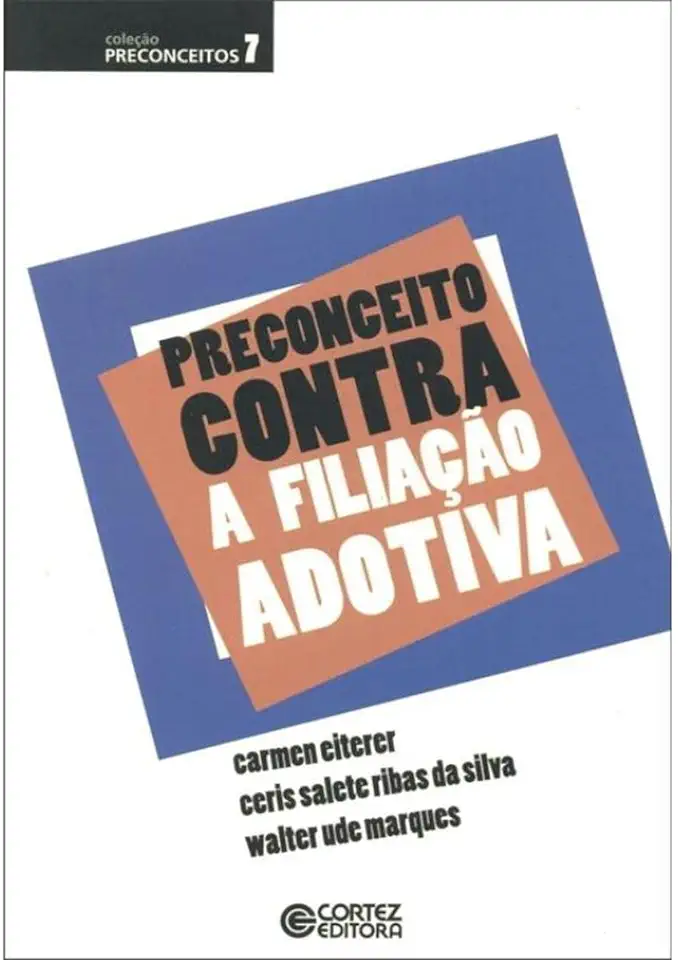
Adoption Prejudice - Carmen Eiterer
Adoption Prejudice: The Pervasive Bias Against Adoptive Parents and Families
Introduction
In her groundbreaking book, "Adoption Prejudice: The Pervasive Bias Against Adoptive Parents and Families," Carmen Eiterer shines a light on the often-overlooked issue of adoption prejudice. Drawing on extensive research and personal anecdotes, Eiterer argues that adoptive parents and families face a range of discriminatory attitudes and behaviors that can have a profound impact on their lives.
Defining Adoption Prejudice
Adoption prejudice refers to the negative attitudes, beliefs, and behaviors directed towards adoptive parents and families. It can manifest in various forms, including:
- Stereotypes: Adoptive parents are often stereotyped as being infertile, selfish, or incapable of providing a loving home for a child.
- Discrimination: Adoptive parents may face discrimination in employment, housing, and other areas of life.
- Social isolation: Adoptive families may be excluded from social circles or treated differently by friends and family members.
- Microaggressions: Adoptive parents may experience subtle forms of discrimination, such as being asked intrusive questions about their children's origins or being told that they are "not real parents."
The Impact of Adoption Prejudice
Adoption prejudice can have a devastating impact on adoptive parents and families. It can lead to feelings of isolation, shame, and guilt. It can also make it difficult for adoptive parents to bond with their children and build strong family relationships. In some cases, adoption prejudice can even lead to the breakdown of adoptive families.
Challenging Adoption Prejudice
Eiterer argues that it is essential to challenge adoption prejudice in order to create a more inclusive and supportive society for adoptive families. She offers a number of strategies for combating adoption prejudice, including:
- Education: Raising awareness about adoption prejudice and its harmful effects is a critical first step in combating it.
- Advocacy: Adoptive parents and families need to advocate for their rights and challenge discriminatory policies and practices.
- Support: Adoptive families need access to support services that can help them cope with the challenges of adoption prejudice.
- Personal reflection: All individuals need to reflect on their own attitudes and beliefs about adoption and challenge any prejudices they may hold.
Conclusion
"Adoption Prejudice" is a powerful and eye-opening book that sheds light on a pervasive form of discrimination that has been largely ignored. Eiterer's work is a call to action for all of us to challenge adoption prejudice and create a more welcoming and supportive society for adoptive families.
Call to Action
If you are interested in learning more about adoption prejudice and how to challenge it, I encourage you to read "Adoption Prejudice: The Pervasive Bias Against Adoptive Parents and Families" by Carmen Eiterer. This book is a must-read for anyone who cares about social justice and the well-being of adoptive families.
Enjoyed the summary? Discover all the details and take your reading to the next level — [click here to view the book on Amazon!]